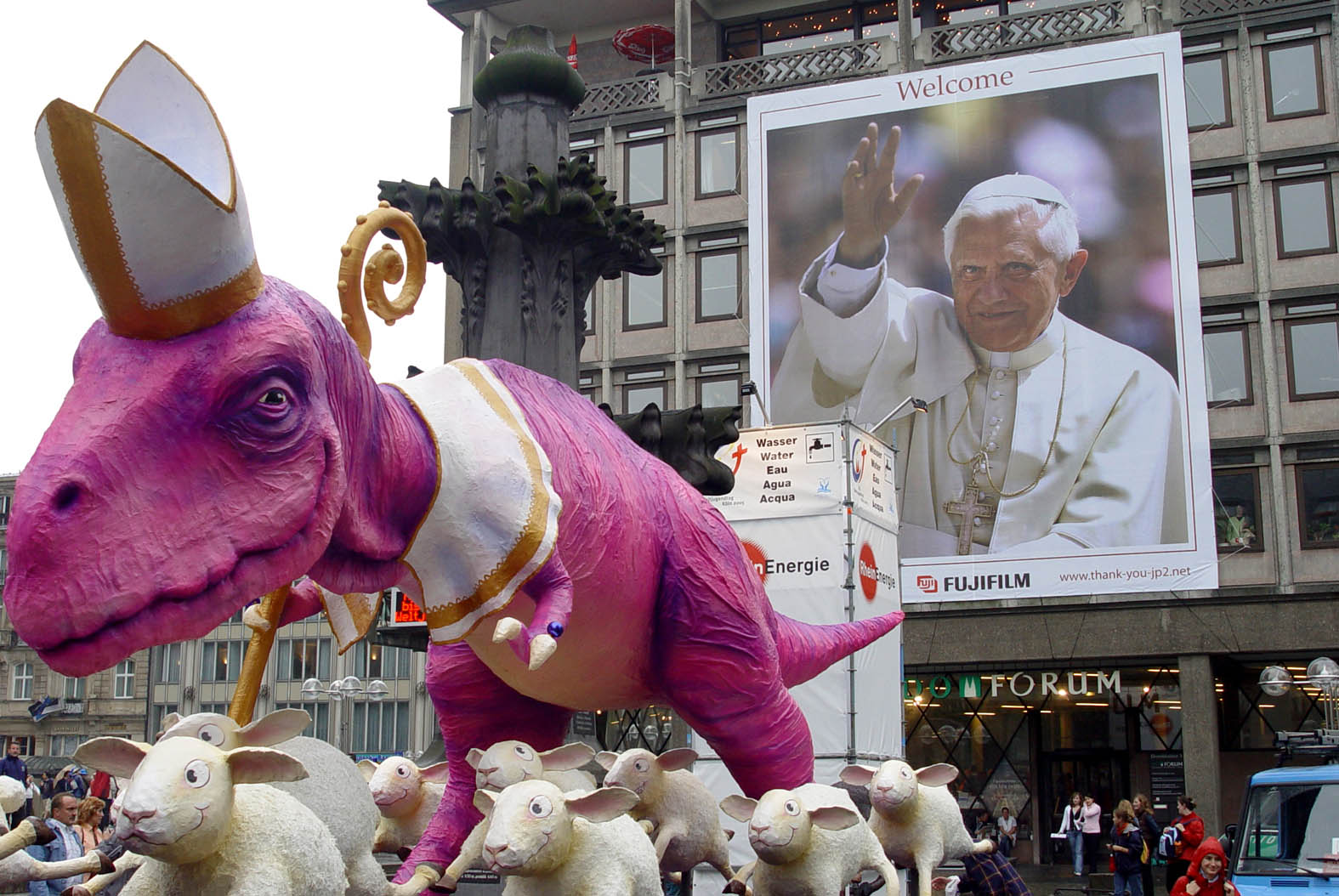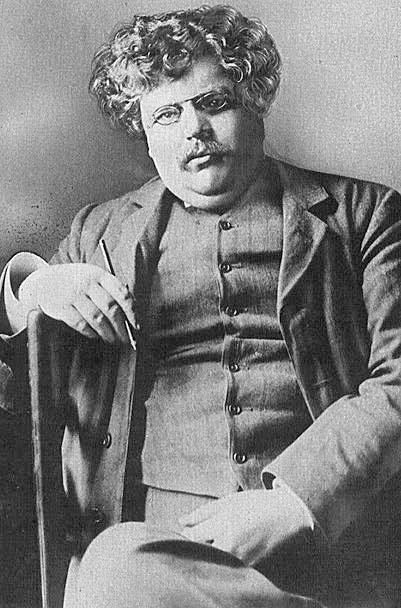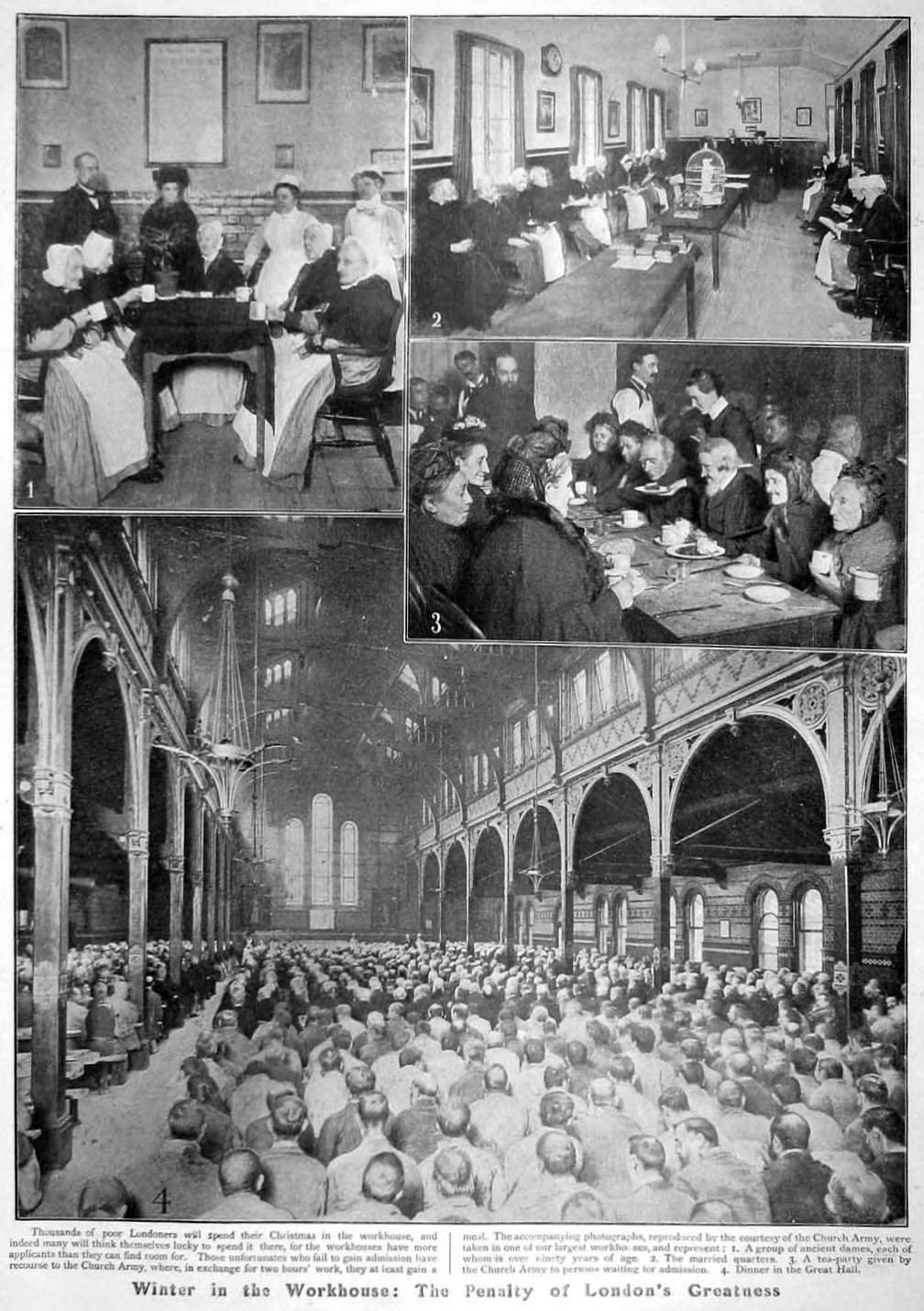![Johannes Jansson/norden.org [CC BY 2.5 dk (http://creativecommons.org/licenses/by/2.5/dk/deed.en)], via Wikimedia Commons](https://upload.wikimedia.org/wikipedia/commons/8/89/Spruta%2C_Johannes_Jansson_(2).jpg) |
| via |
My favourite private student of all time was a consultant pathologist who decided, in his ample spare time, to learn to speak French. He was already quite fluent when he came to me for lessons, so I was mostly helping him hone his debating skills in French.
He was great fun to talk to, because he was as opinionated as I was, but happy to actually listen to what I said. He also had this scientific mindset, which meant he would generally bring up himself the objections he could see to his own arguments, but he didn't like my philosophical ones.
Why do I mention him, I hear you ask?
As part of the course he was doing, he had to practise debating about a chosen controversial topic, and he had chosen euthanasia.
Something that is unfortunately getting into the news here in the UK, as the "Assisted Dying Bill" is going to be voted on soon. This bill will allow (or require? as usual this is left nice and vague) doctors to inject or give a lethal dose of medicine to terminally ill patients.
So, what's the deal with that? Why is it a problem?
Andrew (my student) brought up a number of objections to the bill (although he kind of supported it) himself.
- He mentioned the evidence mounting up in the Netherlands and Belgium, showing that (unsurprisingly) people were being bullied into euthanasia by family, that doctors were over-stepping the mark, etc.
- He admitted that hospices and palliative care were actually excellent systems, under-funded, but with a very clear and positive impact on end-of-life quality.
- He mentioned that the main reason people chose euthanasia in those countries was the fear of being a "burden" to their families, with its dangerous overtones of the aforementioned bullying, but also of our failing as a society to make the terminally ill feel valued (as an aside, making euthanasia legal is only going to make that feeling worse).
In short, he didn't so much advocate euthanasia as oppose "acharnement thérapeutique" (it's a great French expression to describe a relentless and invasive string of procedures the terminally ill patient undergoes for very little benefit, just because no-one likes to just give up on treatment and focus on care). And as far as that, I could agree with him.
That sometimes the best choice is to stop treating a patient, and focus on pain-relief instead, is something I have first-hand experience of. Andrew would also have added, with his love of numbers, that "acharnement thérapeutique" does not statistically prolong the patient's life, good palliative care does.
Where we parted ways however, is exactly where this new bill stands. He was in favour of doctors actually giving a lethal dose to patients, but that is where I drew the line.
DNAR and palliative pathways are not active. They are simply acts of acceptance. Death will come for all of us, and sometimes the best course is to accept that, and relinquish control.
Even unplugging someone from life-support can be relatively passive. It's a stopping of treatment, not the active administration of something that is going to kill the patient.
Even when doctors prescribe doses of pain-killers that are tethering on the threshold of dangerous, they are accepting a risk for a benefit, and that is what most medical interventions are.
What I oppose with all I am, is asking doctors to actively kill their patients. The objections I mentioned above are true and valid, but the one that carries most weight with me, is that you cannot demand that someone kill someone else in cold blood.
My dad is an anesthetist, my husband is a medical student. They do not deserve to be made to kill.
I remember my dad telling me about the first time he unplugged a patient, and how terrifying it actually was, how he could not shake the feeling that the patient, in his deep coma, could tell what he was doing. If stopping treatment could have this effect, then what would actively killing do to doctors?
Killing someone, actively ending someone's life with an injection or a pill, is not an act without consequences. We are bargaining with doctors' souls when these are priceless.
I know some doctors will agree to doing it. I don't think that is a good reason to let them. I often actively choose to do what will be harmful to me.
Ask any smoker you disapprove of.
And I am sure the bill will come with some clause, allowing doctors not to kill if they don't want to. Just like they did with the Pill OB/GYNs and GPs weren't supposed to be forced to prescribe. We all know how well THAT went.
As a society, we should oppose the bill for the sake of the patients.
As a member of a family of medics, I object to it for the sake of the people I love.
Also, as an immigrant, I cannot vote. Please, citizens of the UK, step up!
Update: I keep saying "doctors" because they are the ones who would have to do it according to the bill, but all this is true of all human beings.


![By Denis Bocquet [CC BY 2.0 (http://creativecommons.org/licenses/by/2.0)], via Wikimedia Commons](https://upload.wikimedia.org/wikipedia/commons/9/97/Feminist_graffiti_france.jpg)


.jpg)
.jpg)





![By danielgreef/Dan [CC BY 2.0 (http://creativecommons.org/licenses/by/2.0)], via Wikimedia Commons](https://upload.wikimedia.org/wikipedia/commons/8/87/Ashes_Urn.jpg)






